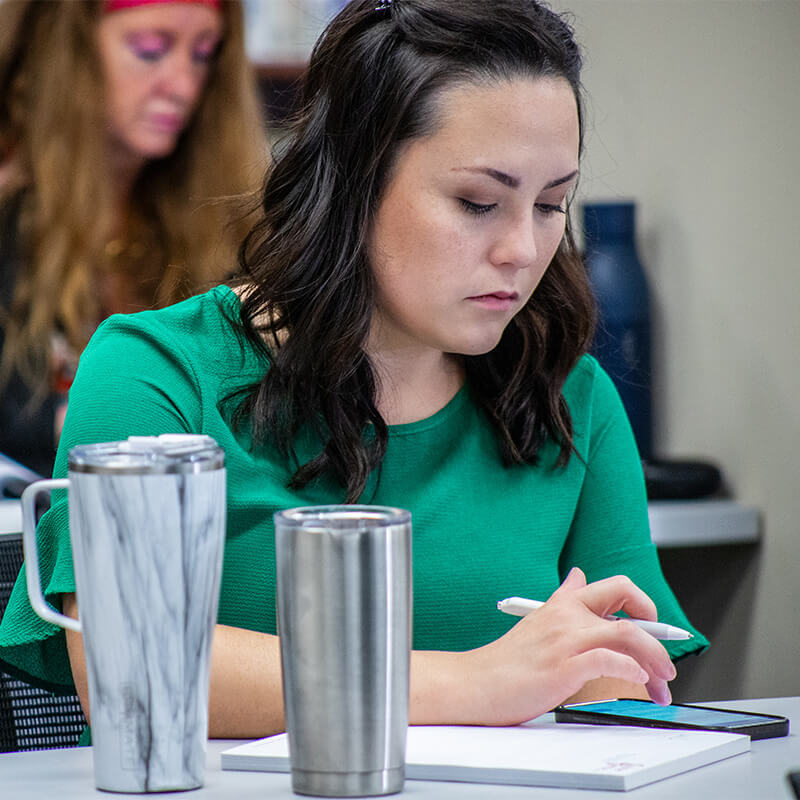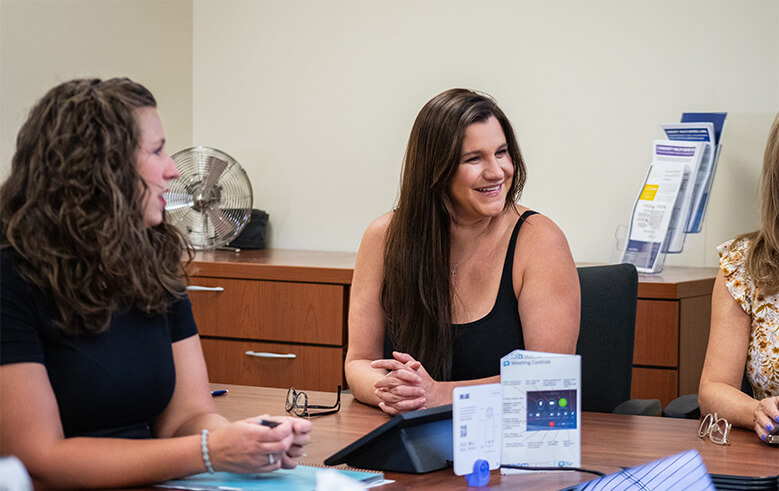Determine Your Medicaid Eligibility
What to Know About Medicaid
As a joint federal and state program, Medicaid offers affordable healthcare coverage to eligible individuals and families. Medicaid is an essential program that helps reduce health disparities in communities across the country, allowing participants to receive high-quality care without worrying about costs. To access this affordable coverage, you need to first determine your Medicaid eligibility.
Are You Eligible for Medicaid?
If you have no insurance and are in search of reliable coverage, or your current plan does not meet your needs, Medicaid might be the ideal option for you. There are specific requirements that you and your family must meet to become eligible, including:
- Income. To become eligible for Medicaid, your household must meet specific income thresholds. These thresholds may vary depending on your household size, income, age, and more.
- Residency and Citizenship. To obtain Medicaid, you must be a resident of the state in which you are applying. Likewise, you must be a U.S. citizen or qualified non-citizen to be considered for Medicaid coverage. Expecting mothers who are not citizens may qualify for Soon-to-be-Sooners coverage.
- Household Size. The size of your household, in addition to residency and income requirements, may influence your ability to receive Medicaid coverage.
- Age. A spectrum of ages may be eligible for Medicaid, including children, adults with dependents, and seniors. However, there are varying criteria for each age.
- Disability. Individuals with disabilities may be eligible for Medicaid coverage. An individual may also be eligible if a family member in their household has a disability.
- Adoption and Foster Care. Adopted children, foster children, juvenile justice-involved children, and former foster care children may be eligible on this basis.

When applying for Medicaid, there are various documents you must share to prove your eligibility. This includes proof of citizenship or lawful residence, proof of your household income, and proof of resources.
Once your application has been processed and accepted, you and your household can begin receiving affordable healthcare services from a provider that accepts Medicaid, such as the providers at your local Community Health Center.
Who Accepts Medicaid?
If you are searching for a healthcare provider that accepts Medicaid, consider visiting a Community Health Center. There are dozens of CHCs and service sites across Oklahoma. Each location accepts a variety of health coverage plans, including Medicaid.
Medicaid and Community Health Centers are both integral programs, helping to bridge the gap between quality healthcare services and underserved populations. With these programs, individuals and families can receive vital services that help them improve and maintain their health, especially for those with lower incomes and limited access to resources. This leads to better health outcomes for communities across Oklahoma and beyond.
OKPCA has partnered with 22 member Community Health Centers, with over 170 service sites available for patients to receive a range of healthcare services. Please visit our interactive map to find a health center near you or our members page for a complete list of OKPCA partners.
What If I Have No Insurance?
Even if you have no insurance or are moving between plans, community health centers can provide you with the essential care services you need without the financial burden. The rate you pay for the services is determined by a sliding fee scale based on income; this helps to keep their quality healthcare services affordable.
What Is SoonerSelect?
Changes are coming for Oklahomans who qualify for Medicaid/SoonerCare through the Oklahoma Health Care Authority (OHCA), but OKPCA is here to help you understand and keep your coverage!
SoonerSelect members will receive ID cards from their medical and dental plans. Please log into the portals for their medical and dental plans to choose your community health center as your primary medical and dental provider. Each health plan is required to provide the same set of core medical services that are provided to SoonerCare members today. Each SoonerSelect health plan also offers extra services, called value-added benefits.
Community Health Centers accept all SoonerSelect/Medicaid managed care plans including Aetna, Humana, Oklahoma Complete Health, DentaQuest, and Liberty Dental. These plans do not charge monthly premiums, and your copays will not increase. Once you select or are assigned to your medical and dental plans, log into the medical and dental plan portals and choose your community health center as your primary care provider (PCP).
OKPCA is here to help you understand these changes. Tell your SoonerSelect plans you want to select your community health center as your primary care provider. Bring your SoonerSelect ID cards to your CHC for the same quality, low-cost care.

Discuss Your Medicaid Eligibility with OKPCA
Determining your eligibility for Medicaid coverage and preparing your documents for the application can sound like a challenging process, especially if you are unsure where to begin. At OKPCA, we would love to help; please get in touch to learn more.
Our team would be happy to discuss the Medicaid eligibility requirements and any needed documentation with you to help determine if it is the right coverage option for you and your family.
If you have no insurance or do not qualify for Medicaid, there may be other coverage options available to meet your needs. The team at OKPCA would be happy to talk through the various healthcare options available in Oklahoma (a majority of which are accepted by Community Health Centers).
Please contact us for in-person assistance from our team.
